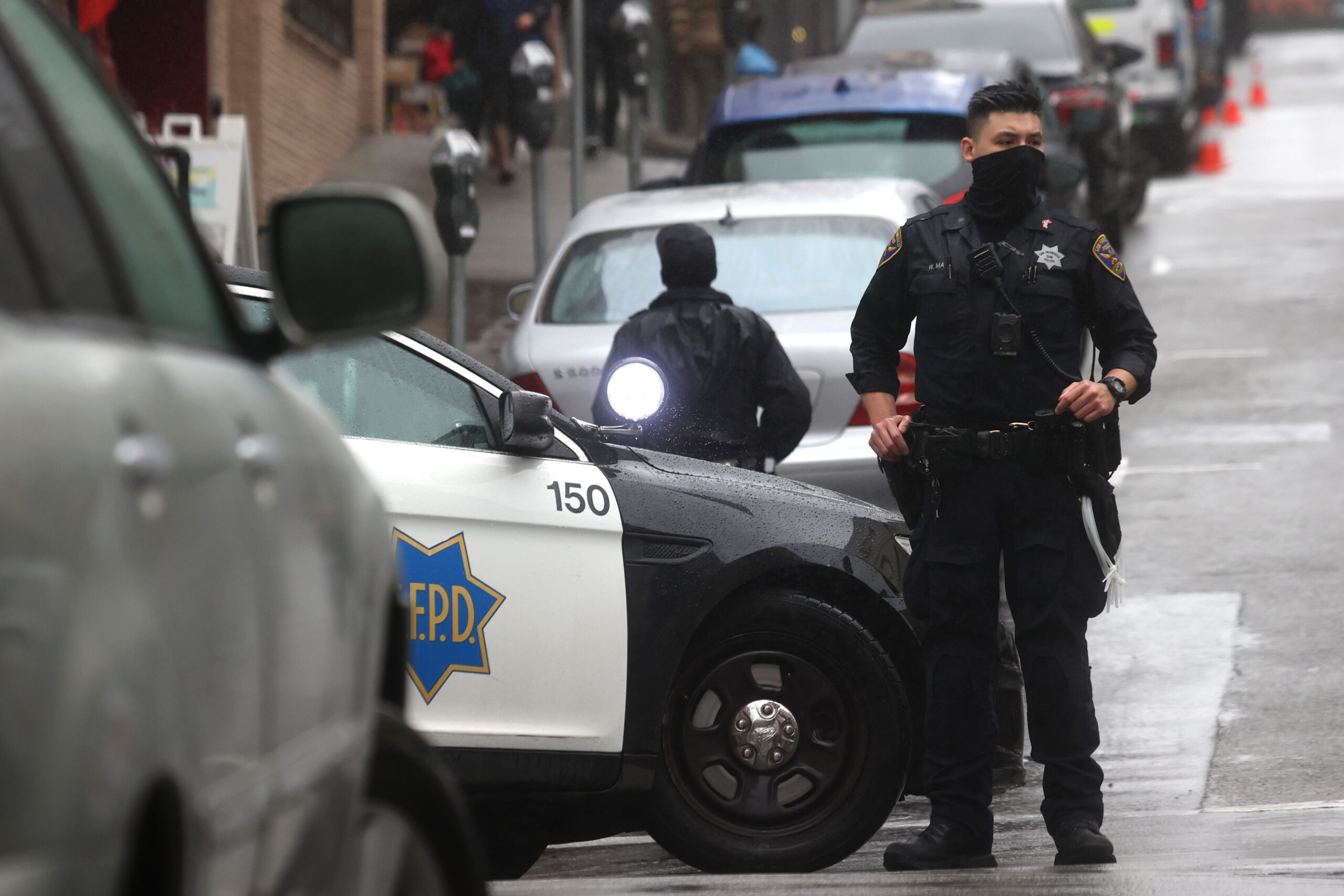This week’s Board of Supervisors meeting features an update on the San Francisco Police Department’s reform efforts, new rules for Ellis Act evictions, and more funds for the public health nonprofit Health Right 360, among other issues. (As always, wonks looking for the full kit and caboodle can check out the complete agenda.)
Topping Up Payments for Ellis Act Evictions
Up for approval is legislation from District 7 Supervisor Myrna Melgar that places new costs and rules on landlords taking advantage of the Ellis Act, a state law that allows eviction of all tenants from a property as long as it’s being taken off the rental market. Property owners often use the Ellis Act to clear tenants from a property when they want to change its use, such as converting it to condominiums.
Police Reforms, Cont.
Tuesday’s meeting will also feature a sixth hearing on the Collaborative Reform Initiative, a sweeping reform plan between the San Francisco Police Department and the Department of Justice that deals with racial bias, use of force, community policing, transparency and staffing issues.
Health Nonprofit Gets a Raise
Another item of note on Tuesday’s agenda is a resolution to significantly increase a citywide service contract between the Department of Public Health and Health Right 360, a key service provider at the controversial Tenderloin Center.
